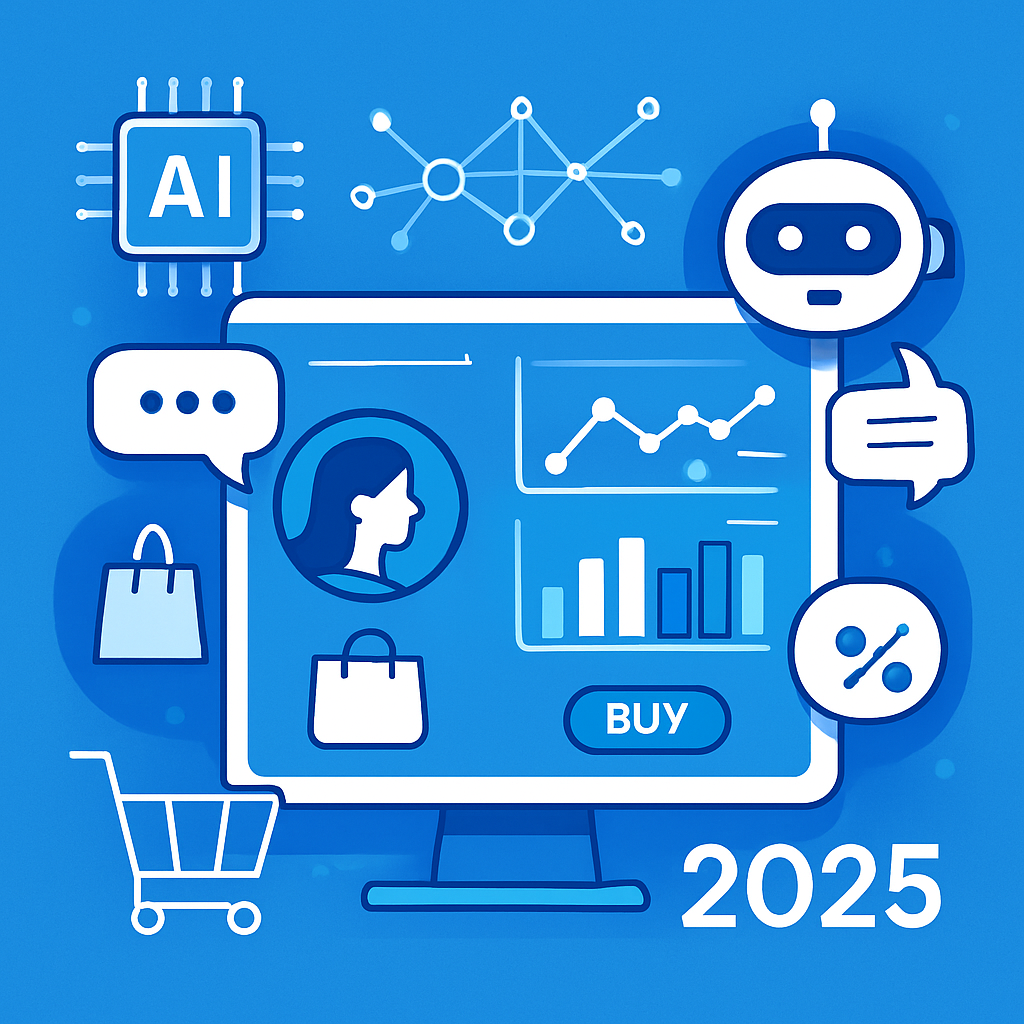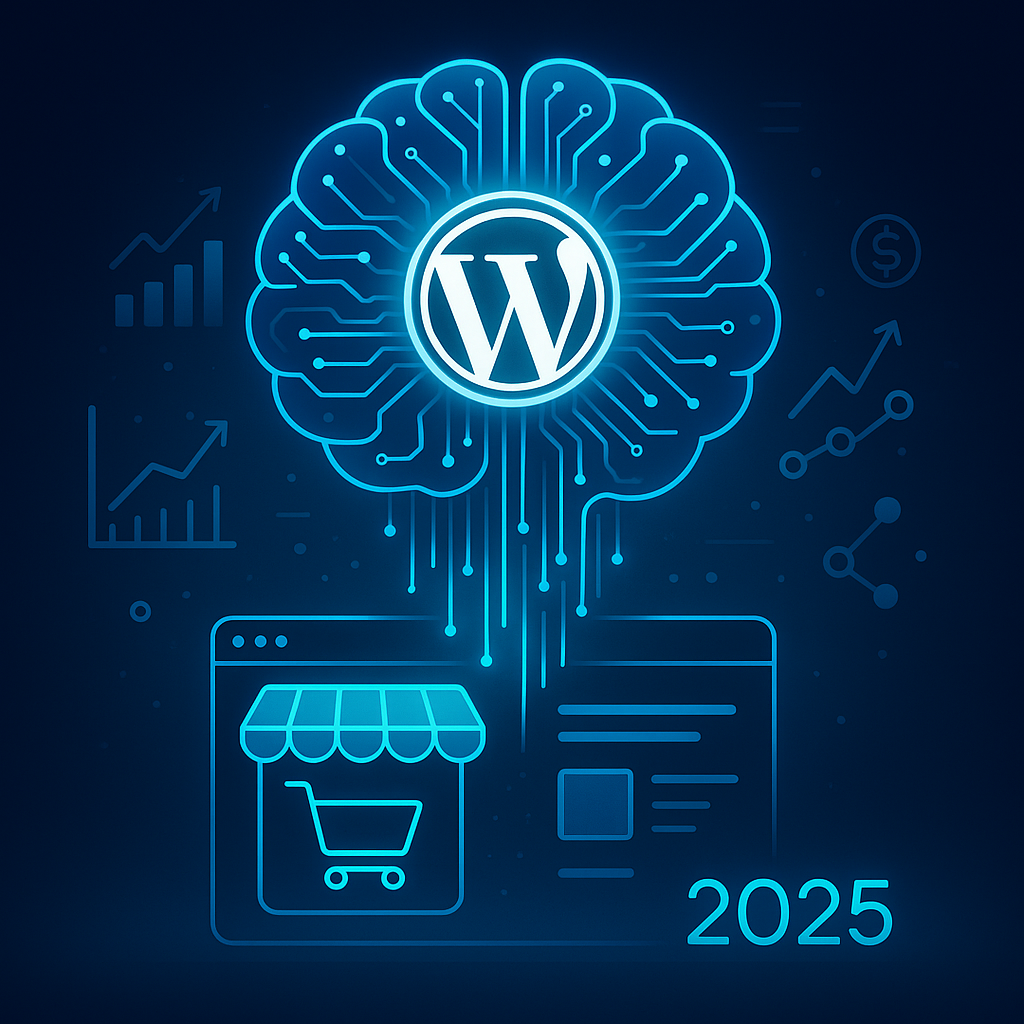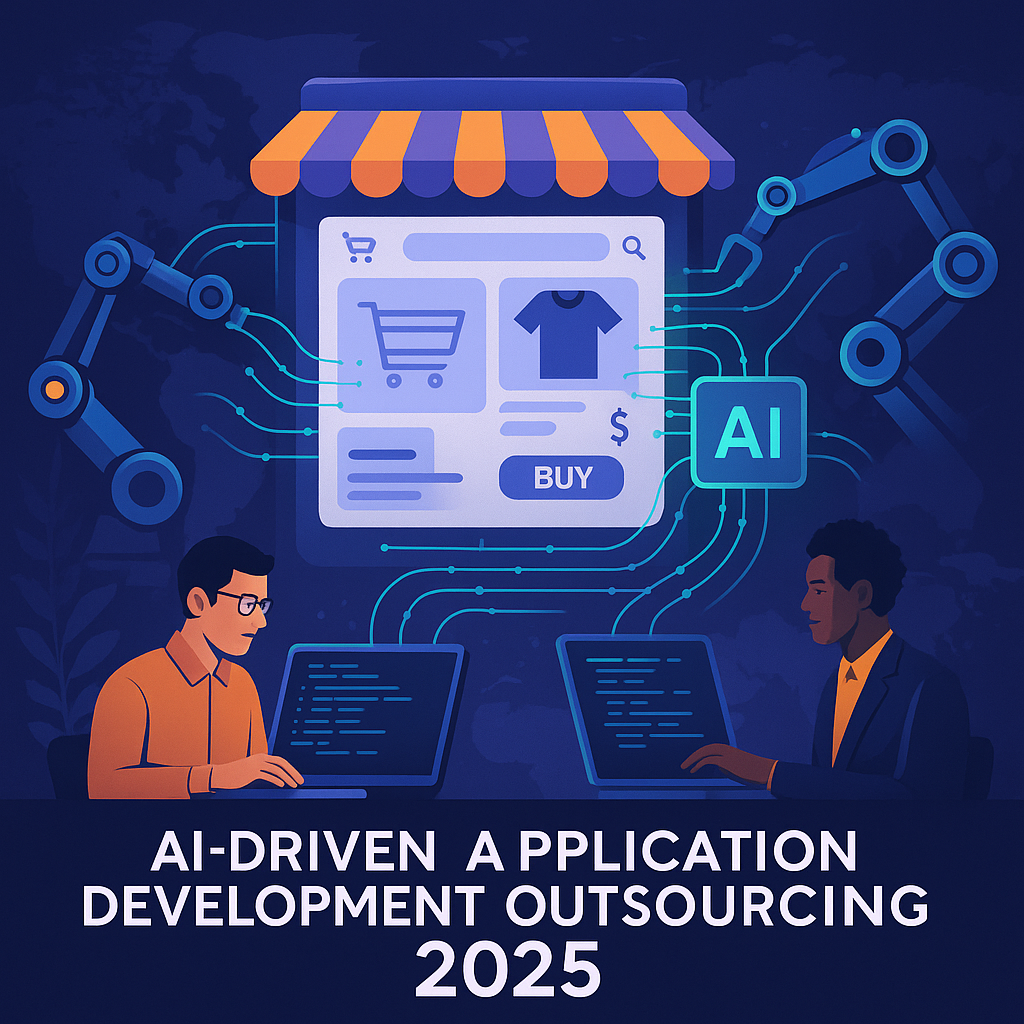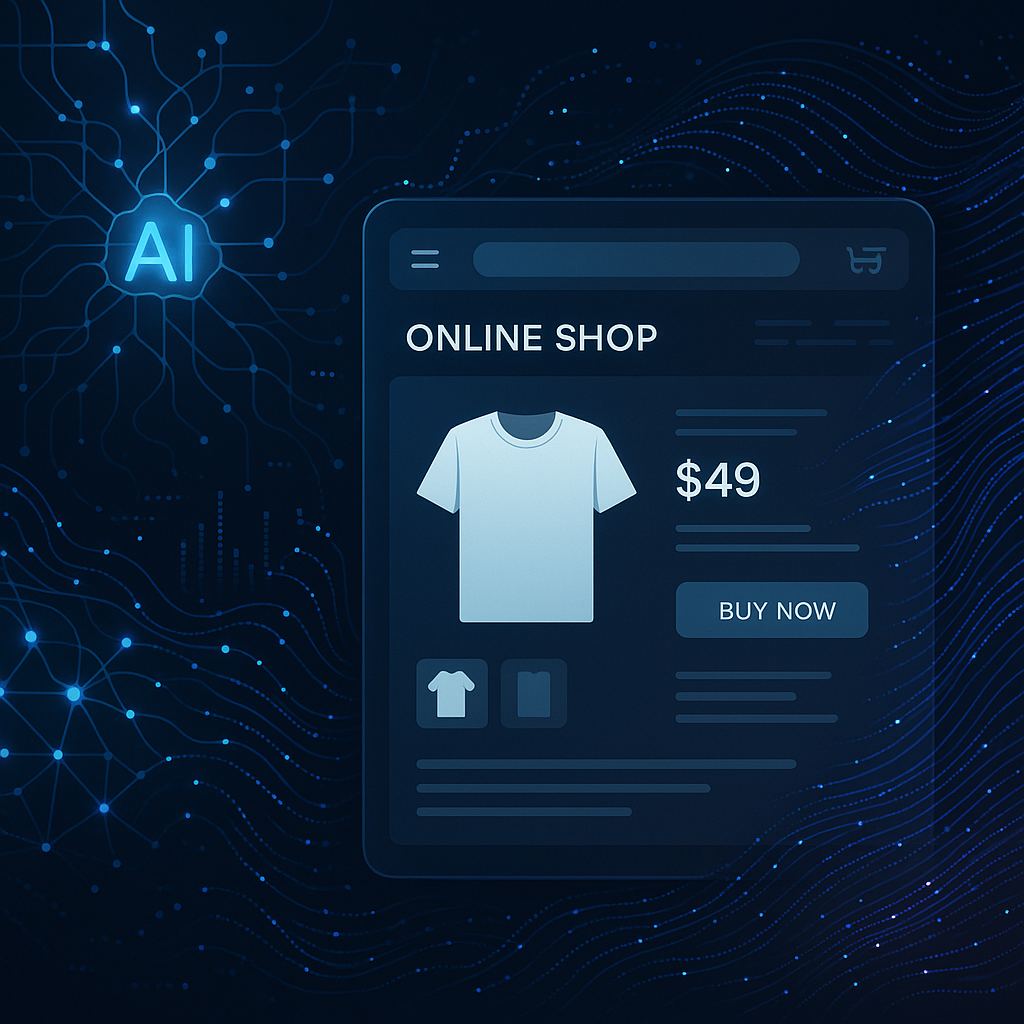
Harnessing AI to Revolutionize Digital Marketing and E-Commerce: Next-Gen Strategies
Introduction: The New Frontier of AI in Digital Marketing and E-Commerce
By 2025, artificial intelligence (AI) has transcended from a buzzword to the cornerstone of revolutionary strategies in digital marketing and e-commerce. The evolving technological landscape fuels endless possibilities, enabling businesses to engage customers with unparalleled precision and efficiency. This article explores how AI is reshaping these sectors and presents innovative strategies that define next-generation customer engagement.
Understanding AI’s Expanding Role in Digital Marketing and E-Commerce
AI’s integration into digital marketing and e-commerce encompasses a broad spectrum of functionalities—from hyper-personalization and predictive analytics to intelligent automation and dynamic content generation.
- Personalization Engines: Beyond static segmentation, AI models analyze real-time behaviors, purchase history, and contextual data to deliver individualized experiences at scale.
- Predictive Analytics: Machine learning algorithms forecast trends, customer lifetime value, and buying signals, empowering marketers to fine-tune campaigns proactively.
- Automated Content Creation: Advanced natural language generation crafts compelling product descriptions, emails, and social posts aligned with audience sentiment and preferences.
- AI-Powered Customer Insights: Intelligent data processing uncovers nuanced behavioral patterns, enabling richer audience understanding.
Next-Gen Customer Engagement Strategies Leveraging AI
1. Conversational AI with Emotional Intelligence
Modern AI chatbots and virtual assistants no longer just respond; they interpret customer emotions through tone, word choice, and interaction patterns. This emotional intelligence fosters empathetic communication, improving customer satisfaction and loyalty.
Example: An AI-powered fashion retailer uses chatbots that detect frustration and proactively offer style recommendations or exclusive discounts, enhancing the support experience.
2. Dynamic Omnichannel Personalization
AI consistently unifies customer data across email, social media, apps, and web platforms to create seamless, context-aware interactions. Campaigns are dynamically adjusted based on channel effectiveness and customer engagement metrics in real time.
Example: A global electronics store adapts product recommendations on its website, social ads, and mobile app’s push notifications simultaneously according to AI-derived customer preferences and browsing behavior.
3. AI-Driven Visual Search and Augmented Reality (AR)
Visual search enabled by deep learning allows consumers to upload images or scan items to find exact or similar products instantly. Paired with AR, shoppers can virtually try products, enhancing the decision-making process.
Example: A beauty e-commerce platform lets users upload selfies and uses AI to recommend personalized makeup products, which they can virtually apply through AR before purchase.
4. Intelligent Inventory and Pricing Optimization
By analyzing supply-demand fluctuations, competitor pricing, and consumer buying habits, AI automates pricing strategies and inventory management, ensuring competitive offers and optimal stock levels.
Example: An online grocery chain employs AI to adjust prices dynamically during peak demand and automates stock replenishment, reducing waste and maximizing sales opportunities.
5. Micro-Moment Marketing with AI Predictive Targeting
AI identifies shoppers’ micro-moments—the intent-rich moments when a consumer turns to a device to act on a need—delivering instantly relevant content or offers to maximize conversion chances.
Example: A travel booking site detects when users research weekend getaways and then triggers tailored offers combining flights and hotel deals in real time.
Impacts of AI Integration on Business Operations
These AI-powered strategies not only enhance customer engagement but also streamline internal processes:
- Marketing Efficiency: Automated campaign management frees human talent for creative tasks while improving targeting accuracy.
- Customer Retention: Personalized loyalty programs driven by AI analytics deepen brand affiliation.
- Revenue Growth: Dynamic pricing and personalized upselling maximize average order values and conversion rates.
- Operational Agility: Real-time insights enable rapid response to market changes and consumer trends.
Ethical Considerations and AI Transparency
As AI assumes a more prominent role in shaping customer experiences, ethical AI use, data privacy, and algorithmic transparency become paramount. Forward-thinking companies prioritize:
- Clear consent protocols and data protection compliant with evolving global regulations.
- Explanations for AI decisions where feasible, fostering consumer trust.
- Bias mitigation in AI training to ensure fairness and inclusivity.
Looking Forward: AI’s Evolving Landscape in Digital Marketing and E-Commerce
Continuous evolution in AI technologies, such as generative AI, enhanced natural language understanding, and real-time computer vision, promise even deeper customization and immersive shopping experiences. Integration of AI with emerging technologies like blockchain and IoT will further deepen consumer insights and operational integration.
Conclusion: Embracing AI for an Engaging Digital Future
The synergy between artificial intelligence and digital marketing along with e-commerce is transforming the customer journey into a fluid, intelligent, and highly personalized interaction. The strategies highlighted demonstrate how businesses can adopt AI to not only meet but anticipate evolving consumer expectations in an increasingly digital marketplace. As AI continues to mature, harnessing its power ethically and strategically remains key to shaping a future where digital marketing and e-commerce are more responsive, insightful, and customer-centric than ever.







